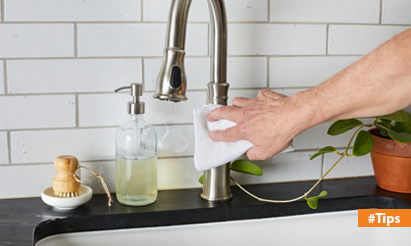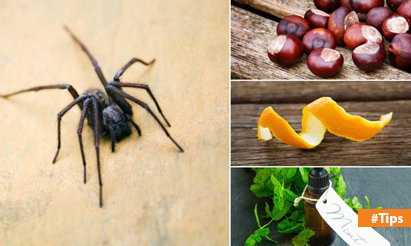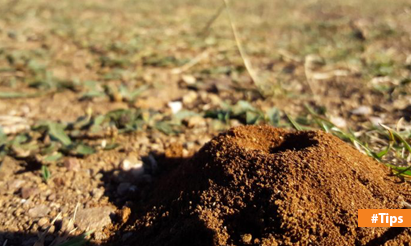Stop Termites in Their Tracks: The Power of Anti-Termite Treatment!
Termites are pests that can cause significant damage to homes and buildings. They feed on wood and other cellulose-containing materials, causing structural damage that can be expensive to repair. Anti-termite treatment is a process used to prevent or control termite infestations in buildings. Here is everything you need to know about anti-termite treatment:
- What is anti-termite treatment?
Anti-termite treatment is the process of treating a building or structure with chemicals or other methods to prevent or control termite infestations. The treatment is designed to create a barrier that termites cannot cross, killing them or repelling them from the building.
- Why is anti-termite treatment important?
Termites can cause significant damage to buildings, which can be expensive to repair. Anti-termite treatment is important because it can prevent termite infestations from occurring or stop an existing infestation from spreading. By preventing or controlling termite infestations, anti-termite treatment can protect your property and ensure its longevity.
- How is anti-termite treatment done?
Anti-termite treatment can be done in several ways, including:
- Soil treatment: This involves applying a liquid termiticide to the soil around the foundation of the building to create a barrier that termites cannot cross.
- Wood treatment: This involves treating wood with a chemical solution to prevent termites from feeding on it.
- Baiting system: This involves placing bait stations around the building that contain a slow-acting toxin. The termites feed on the bait and take it back to their colony, where it kills the entire colony.
- When should anti-termite treatment be done?
Anti-termite treatment should be done before construction or during the pre-construction phase. If a building already exists, anti-termite treatment can be done at any time, but it is recommended to do it as soon as possible to prevent further damage.
- How long does anti-termite treatment last?
The longevity of anti-termite treatment depends on several factors, including the type of treatment used, the level of infestation, and the environmental conditions. Soil treatment can last for up to 5 years, while baiting systems may need to be replaced every few months to a year.
- Are there any health risks associated with anti-termite treatment?
The chemicals used in anti-termite treatment can be toxic if not handled properly. It is important to hire a professional pest control company to perform the treatment and to follow all safety precautions. If you have any concerns about the safety of anti-termite treatment, speak with a pest control professional.
In conclusion, anti-termite treatment is an important process that can protect your property from termite infestations. By understanding the different types of treatment available and the risks associated with them, you can make an informed decision about how to protect your property from termites.
Disclaimer: The views expressed above are for informational purposes only based on industry reports and related news stories. PropertyPistol does not guarantee the accuracy, completeness, or reliability of the information and shall not be held responsible for any action taken based on the published information.




